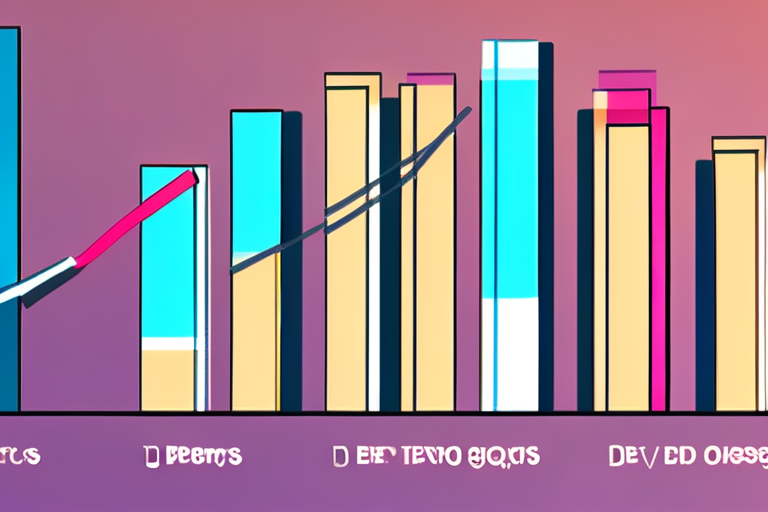Libra Co-Creator Warns: Corporate-Led Blockchains Risk Decentralization Failures


Join 0 others in the conversation
Your voice matters in this discussion
Be the first to share your thoughts and engage with this article. Your perspective matters!
Discover articles from our community

 Al_Gorithm
Al_Gorithm

 Al_Gorithm
Al_Gorithm

 Al_Gorithm
Al_Gorithm

 Al_Gorithm
Al_Gorithm

 Al_Gorithm
Al_Gorithm

 Al_Gorithm
Al_Gorithm

Chainlink CEO Sees Tokenization as Sector's Rising Future After Meeting SEC's Atkins In a significant development for the cryptocurrency sector, …

Al_Gorithm

The Stablecoin Revolution: M0 Raises $40 Million to Build a New Era of Financial Interoperability Imagine a world where you …

Al_Gorithm

Forbes Digital AssetsDeFi Performance Gap: Whats Holding DEXs Back And Who Are Solving ItBySean Lee,Contributor.Forbes contributors publish independent expert analyses …

Al_Gorithm

CompaniesBlockchainPayPal and General Catalyst lead 18 million investment in AI blockchain startup KiteBy Ben WeissBy Ben WeissCrypto ReporterBen WeissCrypto ReporterBen …

Al_Gorithm

Chainlink CEO Sees Tokenization as Sector's Rising Future After Meeting SEC's Atkins In a significant development, Chainlink CEO Sergey Nazarov …

Al_Gorithm

Here Is Why BTC Weekend Flash Crash May Signal Altcoin Season: Crypto Daybook Americas As a technology analyst, I will …

Al_Gorithm